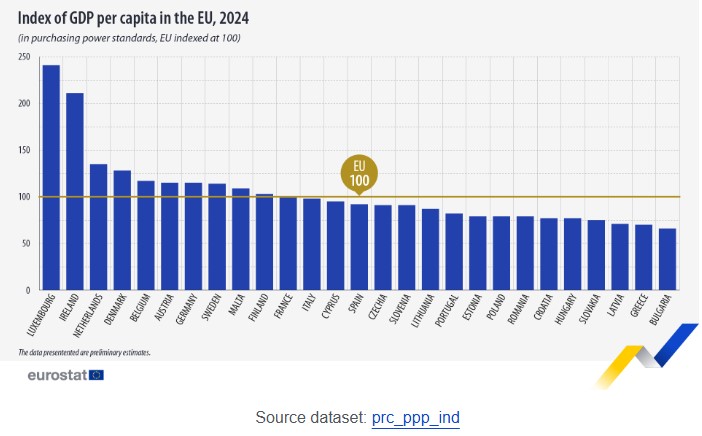Greek Deputy Prime Minister praises government’s labour achievements – Reality paints a different picture

He went on to say:
“In the past six years: Unemployment has fallen from 17.5% to 9%, and over half a million new jobs have been created. The minimum wage has increased from €650 to €880, and the average salary has gone up from €1,046 to €1,342. The rollout of the Digital Work Card has begun and expanded, offering a meaningful way to monitor working hours and ensure proper payment for overtime. Parental leave has been extended, giving real support to young families. And the independent Workplace Welfare Inspectorate is now a tool for more effective workplace checks. These are just a few of our key initiatives.”
However, the reality for many workers tells a different story. Prices for basic goods and rent have risen faster than wages, eroding purchasing power. Around 70% of the population has little or no savings, and for 6 in 10 workers, their salary doesn’t stretch to the end of the month.
A recent survey by the Institute of Labour (INE-GSEE), conducted with pollster Alco, found that six out of ten private-sector employees say their wages are not enough to cover monthly expenses. Nearly nine in ten have been forced to cut back on basic food spending just to get by. And according to the Hellenic Deposit and Investment Guarantee Fund (TEKE), over 70% of Greeks have less than €1,000 in their bank accounts – these accounts represent just 1.3% of total national deposits.
Meanwhile, Eurostat figures for 2024 show that Greeks’ purchasing power is 30% below the EU average, placing Greece second to last in the Union.

In a more personal note, Hatzidakis added:
“I take pride in having contributed to many of these initiatives during my time as Minister of Labour and Social Affairs.”
He concluded his message by saying:
“Thanks to hard work, the Greek economy is climbing steadily, and that allows us to implement real social policy. As we continue to make progress, workers will benefit from the dividends of growth—whether through targeted tax cuts or additional income support. Our goal is for every Greek man and woman to feel the benefits of collective progress. At the same time, the opposition’s lofty promises would do the exact opposite – dragging the economy into recession and ultimately harming workers. We have a duty to protect the gains we’ve made and to keep working seriously toward more jobs and better wages. That’s the most meaningful way to honour Labour Day.”
______________________________________________
Are you seeking news from Greece presented from a progressive, non-mainstream perspective? Subscribe monthly or annually to support TPP International in delivering independent reporting in English. Don’t let Greek progressive voices fade.
Make sure to reference “TPP International” and your order number as the reason for payment.